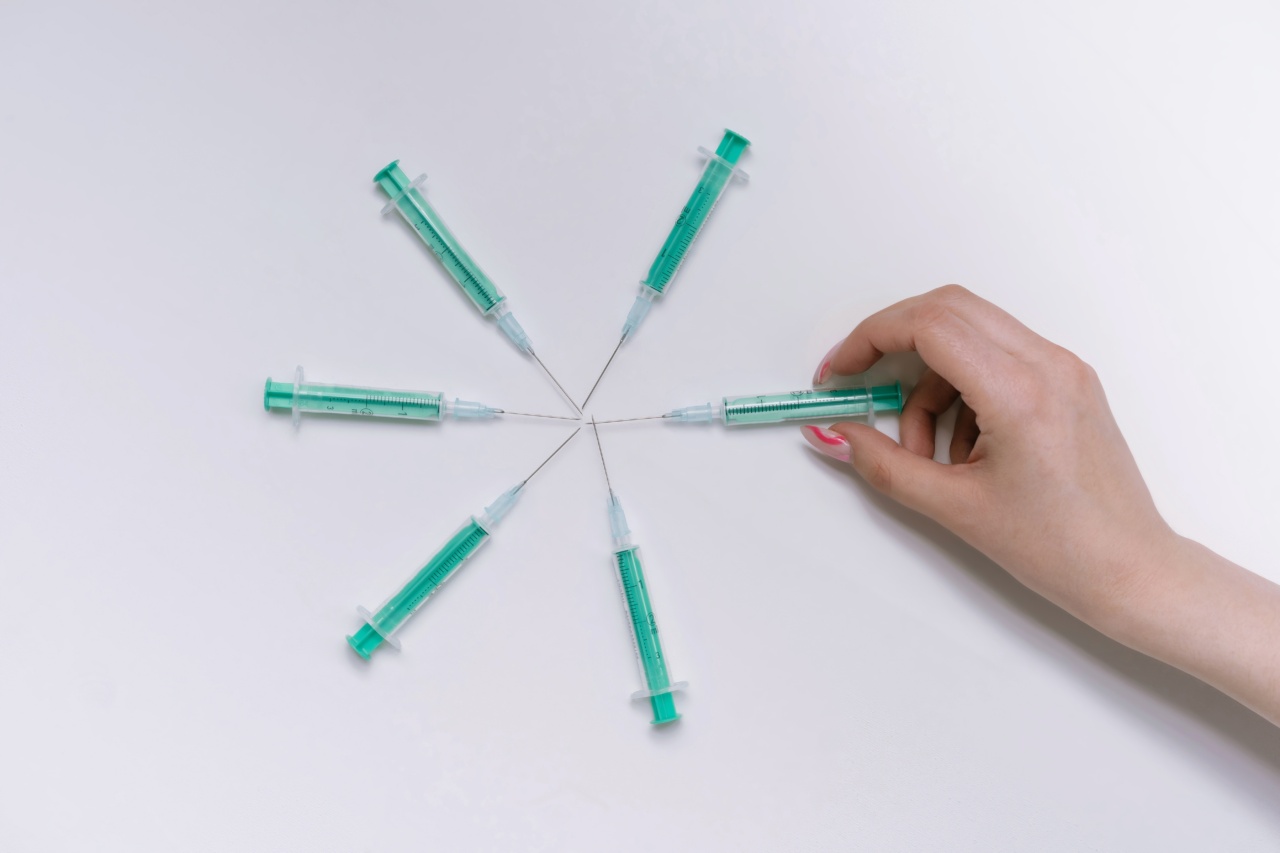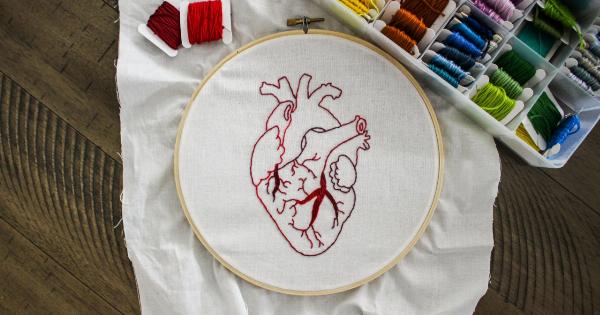Diabetes is a condition that affects millions of people worldwide. One of the lesser-known complications of diabetes is the impact it can have on bladder control.
In this article, we will discuss the link between diabetes and bladder control, and how this condition can affect your overall quality of life.
What is Diabetes?
Diabetes is a chronic condition that occurs when the body is unable to produce enough insulin or is unable to use the insulin it produces effectively. Insulin is a hormone that helps regulate blood sugar levels within the body.
Without enough insulin, glucose builds up in the bloodstream, leading to high blood sugar levels.
The Impact of Diabetes on Bladder Control
One of the complications of diabetes is autonomic neuropathy, which affects the nerves that control involuntary functions in the body, such as bladder control.
Autonomic neuropathy can lead to a condition known as diabetic cystopathy, which is characterized by a range of bladder-related symptoms, such as:.
- Urinary incontinence (the inability to control the bladder
- Urinary retention (the inability to empty the bladder completely)
- Urinary tract infections (UTIs)
- Urinary urgency (the sudden, urgent need to urinate)
In some cases, diabetic cystopathy can lead to bladder dysfunction, which can cause urinary problems even in the absence of incontinence or retention. This can lead to discomfort and pain, as well as an increased risk of UTIs.
Why Does Diabetes Affect Bladder Control?
The exact mechanisms by which diabetes affects bladder control are not fully understood. However, it is thought that autonomic neuropathy plays a major role.
When the nerves that control bladder function are damaged, the bladder may not be able to contract or relax properly. This can lead to changes in bladder tone and function, which can result in the symptoms of diabetic cystopathy.
Managing Diabetes-Related Bladder Control Issues
If you are experiencing bladder control issues as a result of diabetes, there are several steps you can take to manage your symptoms.
1. Maintain Good Blood Sugar Control
One of the best things you can do to help manage diabetic cystopathy is to maintain good blood sugar control.
High blood sugar levels can exacerbate bladder symptoms, while keeping your blood sugar levels within a healthy range can help reduce the severity of your symptoms.
2. Practice Kegel Exercises
Kegel exercises are a type of exercise that can help strengthen the muscles of the pelvic floor, which can help improve bladder control. To perform Kegels, contract the muscles that you would use to stop your urine flow.
Hold the contraction for 5 seconds, then release. Repeat this exercise 10 times, 3 times per day.
3. Address Constipation
Constipation can put pressure on the bladder, making it more difficult to empty completely. If you are experiencing constipation as a result of diabetes, try increasing your fiber intake, drinking more water, and engaging in regular exercise.
4. Schedule Bathroom Breaks
One of the most effective ways to manage bladder symptoms is to schedule regular bathroom breaks throughout the day. This can help prevent bladder leakage and reduce the risk of UTIs.
5. Work with Your Doctor
If you are experiencing bladder symptoms as a result of diabetes, talk to your doctor. They may be able to adjust your medication or recommend other treatments to help manage your symptoms, such as medications to relax the bladder or surgery.
Conclusion
Diabetes can have a significant impact on bladder control, leading to a range of symptoms that can affect your quality of life.
By maintaining good blood sugar control and working with your doctor, you can effectively manage your symptoms and improve your bladder function.






























